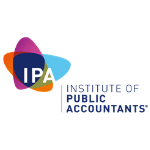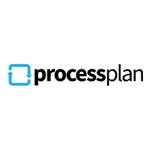What’s your net worth?
What’s your net worth? What should it be? Here’s how to quickly calculate your net worth so you can track your financial progress and check that you’re going in the right direction.
Calculating your net worth can be a quick and easy way to get an outline of your financial position. By working out your net worth each year, you can get a sense of whether your finances are going in the right direction.
Tracking your net worth can also help you focus on the big picture during those times when it seems like you’re going backwards at a rapid rate – when your car or an appliance breaks down or you dip into your savings to cover an essential but unexpected expense.
How to calculate your net worth
Net worth is assets minus liabilities. The simplest way to work out your net worth is to jot down the value of your assets and then all your debts. Subtract the total value of the debts from the total value of the assets and that’s your net worth.
What should your net worth be?
Net worth tends to increase over time, and there are various formulas saying what you ‘should’ be worth for your age. For example, one estimate says that by age 30 your net worth should be half of your annual income; by 40 your net worth should be double your annual income; by 50 it should be four times your income; and by 60 it should be six times your annual income.
But rather than comparing yourself to a formula, net worth is more useful as a way to monitor your progress. If it’s increasing steadily over time, you’re doing something right.
Want to talk about hitting your financial targets?
If you’d like to talk about reaching your financial goals, either personally or in your business, get in touch. We’ve got lots of ideas and strategies for maximising your income and minimising your costs, and we’d love to hear from you.















